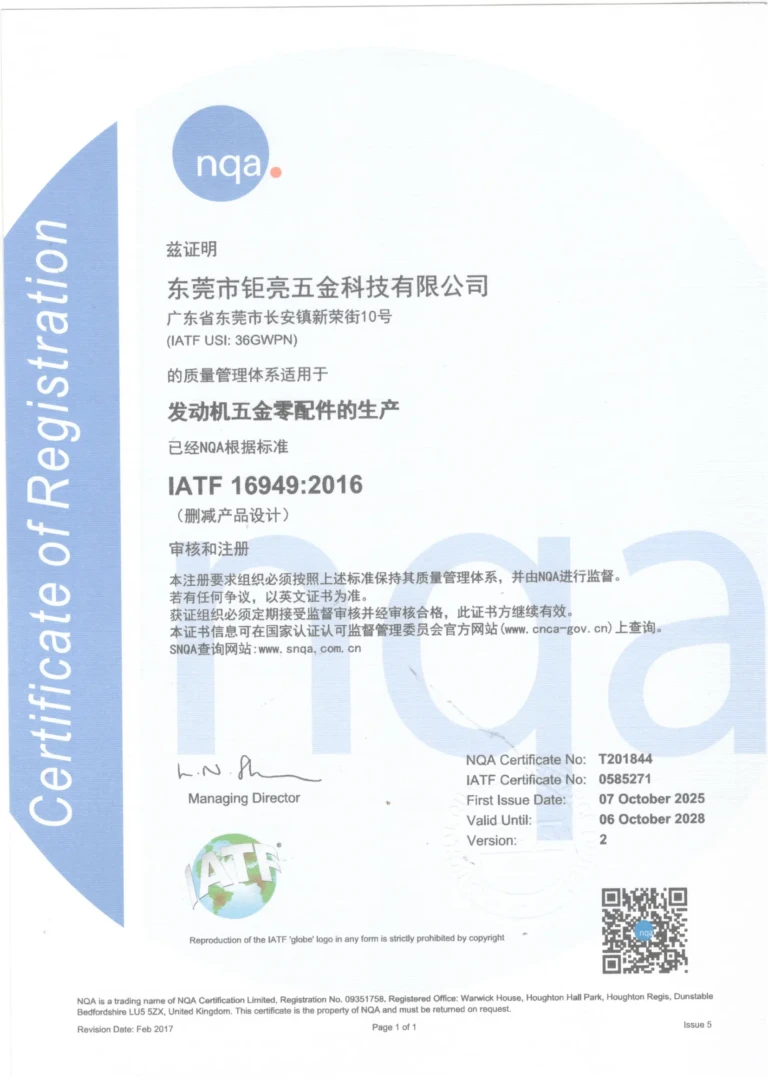Over the past two decades, the global e-commerce landscape has witnessed a major transformation, with two giants Alibaba and Amazon dominating. Both companies have revolutionized the way people shop, interact and do business online. In this article, we will explore the world of Alibaba and Amazon, exploring their history, business models, strengths, weaknesses, and future prospects.
Founded in 1999 by Jack MA, Alibaba was originally a business-to-business (B2B) e-commerce platform in China. Since then, it has grown into a multinational group with multiple interests in e-commerce, technology, entertainment and finance. Alibaba’s flagship platforms, including Taobao, Tmall and Alibaba.com, have become synonymous with online shopping in China.
Amazon was founded in 1994 by Jeff Bezos and was originally an online bookstore in the United States. Over the years, it has expanded into a multinational e-commerce, cloud computing and artificial intelligence (AI) giant. Amazon’s e-commerce platform, Amazon.com, has become the world’s largest online retailer, with markets in more than 180 countries.
One of the main differences between Alibaba and Amazon is their business model. Alibaba mainly operates as an e-commerce platform, connecting buyers and sellers through its various markets. Amazon, on the other hand, is a hybrid model that sells products directly to customers and allows third-party sellers to list their products on their platform.
In terms of revenue, Amazon surpasses Alibaba with a market value of more than $1 trillion, while Alibaba’s $500 billion. However, Alibaba’s revenue growth has been faster in recent years due to its rapid expansion of its e-commerce business in China and other emerging markets.
Another important difference between the two companies is their innovative approach. Amazon has been at the forefront of technological innovation, making substantial investments in areas such as AI, robotics and cloud computing. Alibaba, on the other hand, has been committed to developing its e-commerce ecosystem and attaches great importance to mobile payments, logistics and data analytics.
In the logistics sector, both companies have made huge investments in building their own delivery networks. Amazon’s acquisition of Whole Foods Market in 2017 marked a significant expansion in the physical retail space, while Alibaba’s investment in Cainiao Network enables it to provide fast and reliable delivery services to its customers in China.
Despite the differences, both Alibaba and Amazon face similar challenges, including increasing competition for new entrants, regulatory pressures, and concerns about data privacy and security. In addition, both companies will expand into new areas such as cloud computing, AI and fintech, which could become key battlefields in the future.
In short, the competition between Alibaba and Amazon is a complex and multifaceted competition, with both companies competing for dominance in the global e-commerce market. Although Amazon’s scale and technological strength give it an advantage, Alibaba’s rapid growth and strategic investment in emerging markets make it a strong competitor. As the e-commerce landscape continues to evolve, it will be fascinating to see how these two giants adapt and innovate to stay ahead.
FAQ:
Q: Which one is bigger, Alibaba or Amazon?
A: Amazon has a large market value, but in recent years, Alibaba’s revenue growth rate has been faster.
Q: What are the main differences between Alibaba and Amazon’s business models?
A: Alibaba operates primarily as an e-commerce platform, while Amazon operates in a hybrid model, selling products directly to customers and allowing third-party sellers to list their products.
Q: Which company is more innovative, Alibaba or Amazon?
A: Both companies innovate in their own ways, but Amazon has been at the forefront of technological innovation and has invested heavily in areas such as AI and cloud computing.
Q: Are Alibaba and Amazon competing in the same market?
A: Although they compete in certain areas (such as e-commerce and cloud computing), they also operate in different geographical locations and have unique advantages and disadvantages.
Q: What are the challenges facing Alibaba and Amazon?
A: Both companies are facing increasing competition, regulatory pressures and concerns about data privacy and security, as well as the need to innovate and adapt to changing market conditions.


















